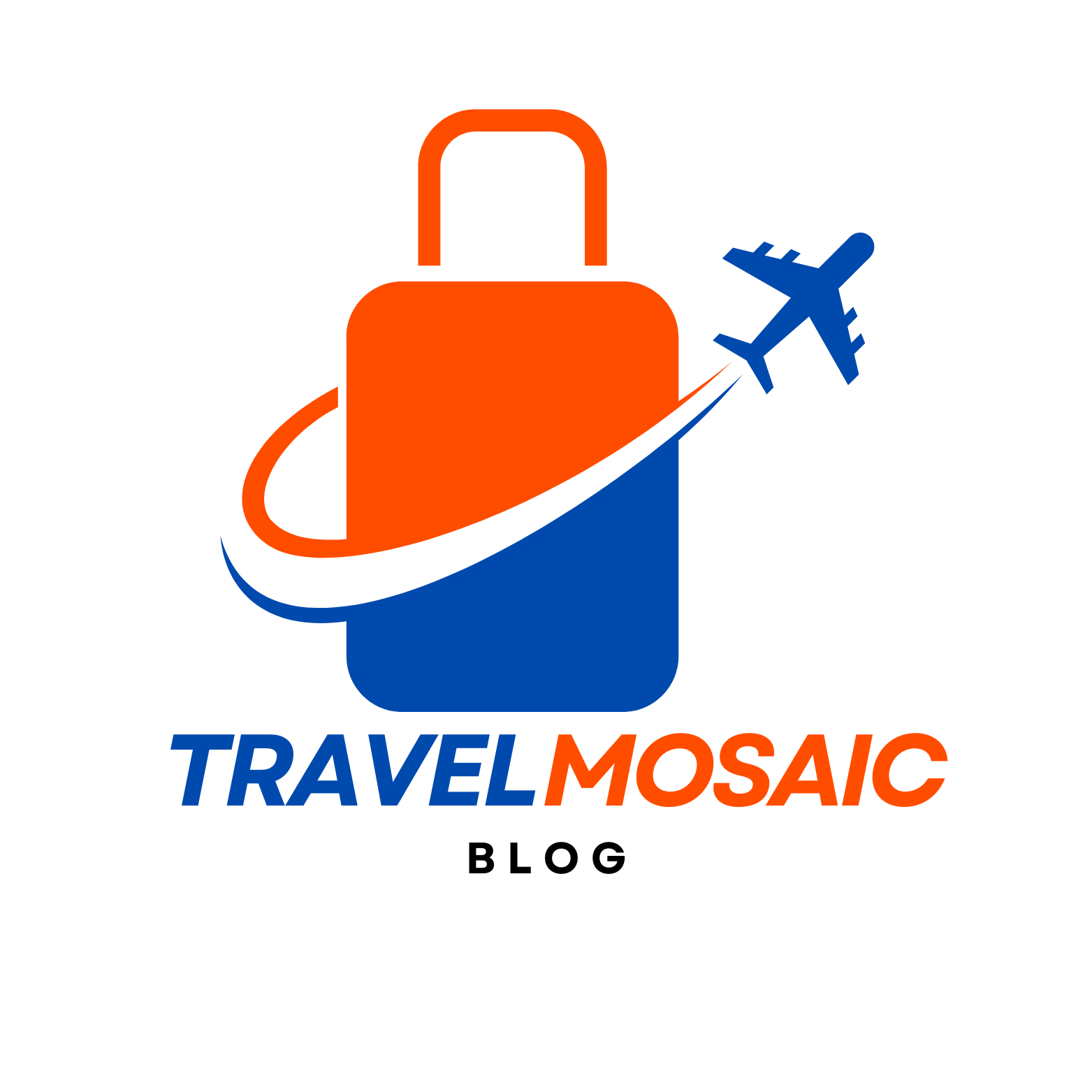
🗣️ Why Language Learning Workshops Work
Language workshops are designed to get you talking, thinking, and interacting in the target language, not just about it. They combine social learning, structured practice, and cultural immersion in a way that traditional classrooms or apps often can’t.
1. Immersive, Interactive Environments
Workshops are typically hands-on and highly participatory, which makes learning both fun and effective.
- Real conversations: Learners engage in dialogues, role-plays, and live discussions that mirror everyday situations.
- Cultural context: Activities often include local customs, idioms, and social norms—giving language depth and authenticity.
- Sensory learning: Games, movement, music, and multimedia help cement vocabulary and grammar in a memorable way.
🌍 Immersion helps your brain “think in the language,” not just translate it.
2. Build Speaking Skills and Confidence
Many language learners struggle with speaking out loud, especially in real-life situations. Workshops push past this fear by providing a safe, supportive space to practice.
- Small groups make it easier to speak without pressure.
- Peer interaction encourages natural back-and-forth conversation.
- No fear of mistakes—errors are seen as part of learning, not failure.
🎤 The more you speak, the faster you improve—and the more confident you become.
3. Real-Time Feedback from Instructors
One major benefit of workshops is the immediate feedback from native speakers or experienced teachers.
- Correct pronunciation, tone, and phrasing on the spot
- Personalized tips to fix common grammar issues
- Encouragement that keeps you motivated
🧠 Real-time correction helps you avoid developing bad habits early on.
4. Group Activities That Make Learning Fun
Workshops often use dynamic, creative activities to keep energy and focus high.
- Language games: Speed rounds, charades, or language bingo
- Collaborative projects: Storytelling, debates, or skits
- Cultural exercises: Cooking, dancing, or holiday traditions in the target language
🎲 Learning through play and interaction keeps it exciting and effective.
5. Faster Progress Through Active Practice
It’s simple: The more you use a language, the better you get. Workshops force you to move beyond passive recognition into active usage.
- You’re constantly speaking, listening, and thinking in real time.
- Concepts become second nature, not just memorized rules.
- Progress feels tangible, which boosts motivation.
📈 Consistent engagement leads to measurable, meaningful growth.
6. Cultural Understanding and Global Perspective
Language and culture are deeply intertwined. Workshops often include cultural components that:
- Teach social etiquette and nonverbal cues
- Explore customs, history, and traditions
- Help avoid cultural misunderstandings
🌐 You’re not just learning how to speak—you’re learning how to connect.
7. Community and Motivation
Learning with others creates a sense of camaraderie and accountability.
- You’re part of a learning community that supports and encourages each other.
- Friendly competition and collaboration keep everyone engaged.
- Sharing the journey with others makes it more rewarding.
👫 Learning together is not only effective—it’s a lot more fun.
✅ Summary
Language learning workshops combine the best of immersion, practice, and cultural context to supercharge your language journey. Through:
- Live interaction
- Group activities
- Real-time feedback
- Cultural learning
- Supportive community
You build not just vocabulary and grammar—but true fluency, confidence, and connection.
